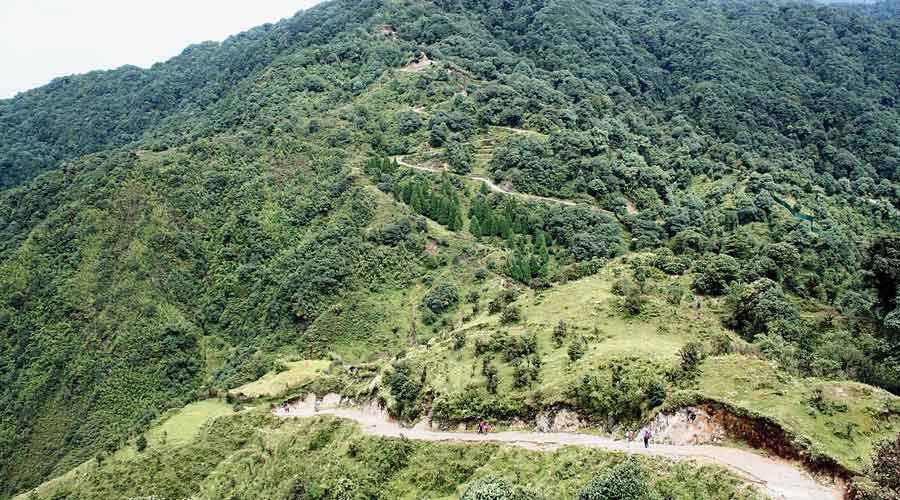The Union ministry of environment, forest and climate change has come up with a set of guidelines to develop sustainable ecotourism in forest areas to ensure tourism activities do not lock horns with the conservation of nature and wildlife across the country.
Along with the guidelines, the ministry has also released a list of 90 sites, most of which are wildlife sanctuaries or national parks in the country, where ecotourism can be sustainably promoted.
Among these are Bengal’s Gorumara National Park (Jalpaiguri), Jaldapara National Park (Alipurduar), Neora Valley National Park (Kalimpong) and Singalila National Park (Darjeeling ).
In Bengal, tourism activities exist in Gorumara and Jaldapara and in some areas of Neora Valley and Singalila.
The ministry has underscored that state forest departments can draw up comprehensive ecotourism development plans for these sites in association with panchayats.
“Guidelines have been drawn up to create avenues for local communities who live in these areas or on the fringes so that they can earn while keeping in mind the ecology of the site,” said a source in the ministry.
“Priority should be given to local communities, their skills and encourage their startups in ecotourism through financial support and benefits from government schemes,” a forest official said.
The plan also puts impetus on using information technology to promote ecotourism through virtual tours. IT can also be used to collect and collate data of stakeholders associated with ecotourism to help draw up future plans, a forester said.
“The new guidelines can check indiscriminate mushrooming of accommodations. In Gorumara and Jaldapara, it is necessary to focus on waste management, treatment and disposal of sewage. Pollution caused by plastic and noise are issues that need attention to protect nature and wildlife,” said Raj Basu, a veteran in the north Bengal tourism industry.










